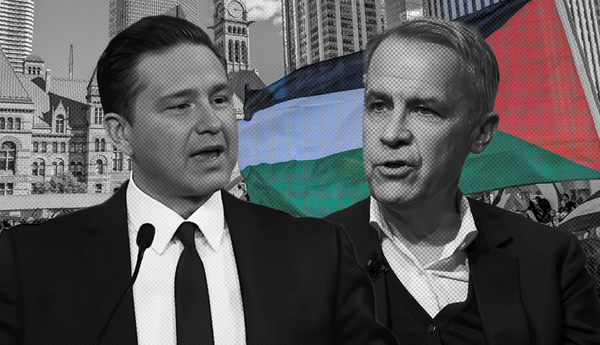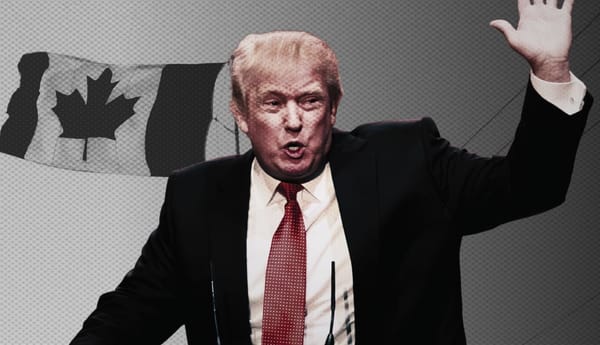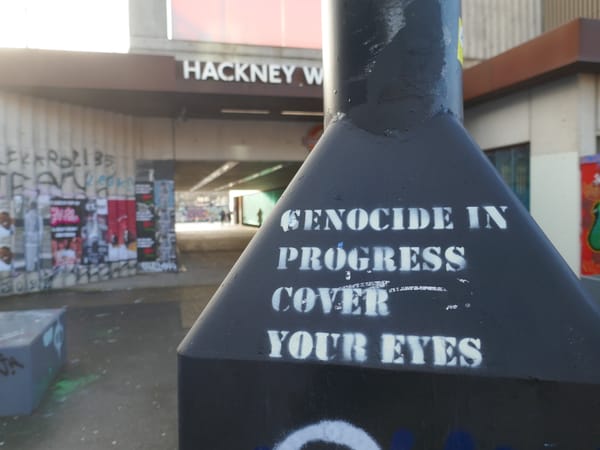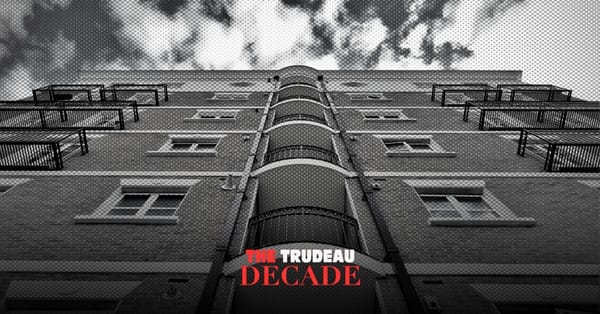Last week, I wrote an article with the headline, “Is Chrystia Freeland A Fraud Or A Nazi Sympathizer?”
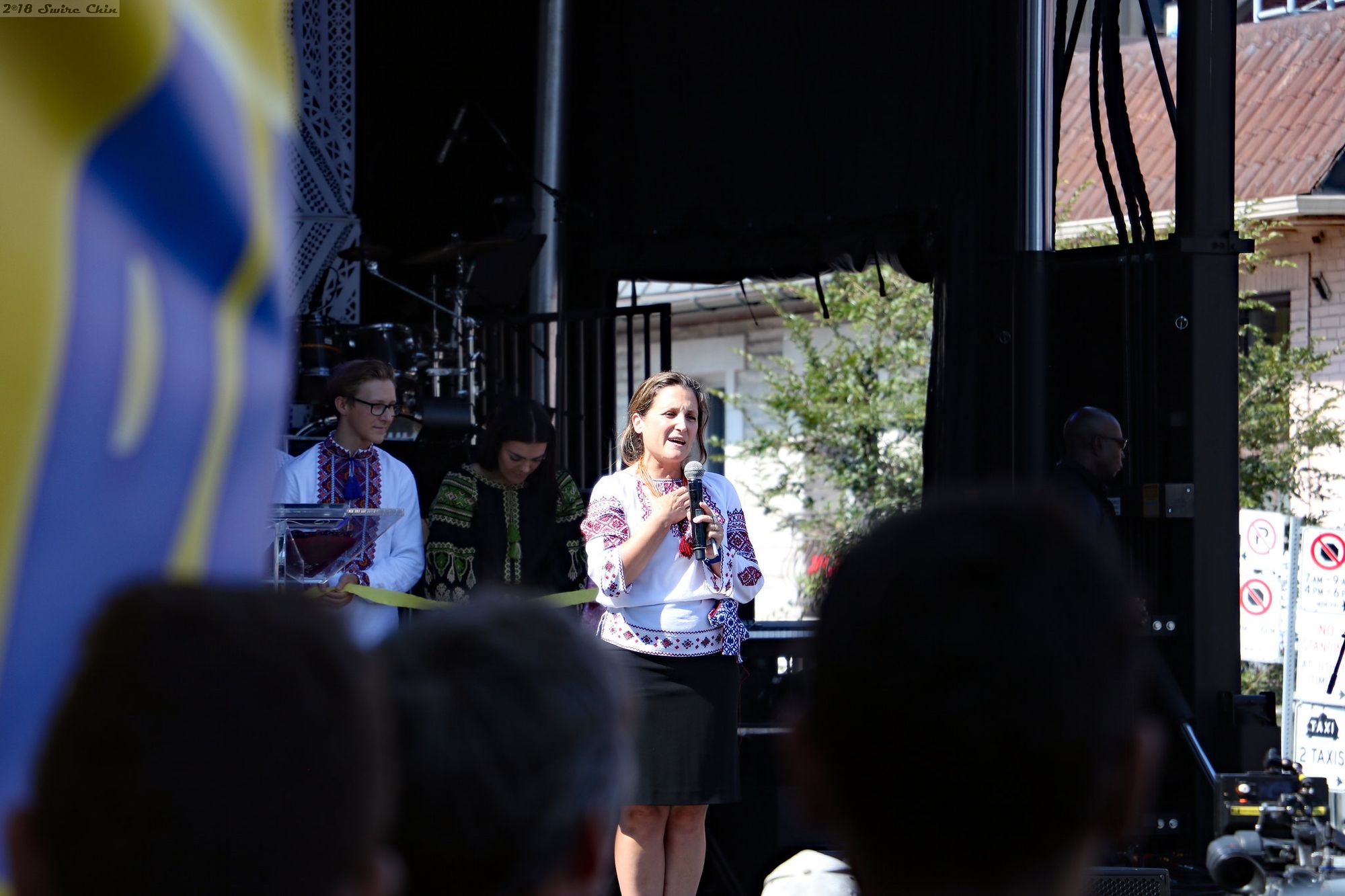
The piece focused on the two standing ovations given to a Nazi before parliament last month by every MP there, including Deputy Prime Minister Chrystia Freeland. I argued that while I didn’t buy the excuse many MPs offered for participating in the standing ovation — that they didn’t know the man was a Nazi — it was especially unconvincing coming from Freeland, given everything she has told us about her knowledge of Ukrainian history. As such, I claimed that Freeland is either a fraud or a Nazi sympathizer: She either doesn’t know anywhere near as much about the history of Ukraine as she pretends to or she knew the man was a Nazi and cheered anyways.
I ended my article by demanding that the sort of journalists who Freeland will actually respond to press her on this issue with direct, repeated questions. Since then, at least one journalist has done so, leading Freeland to offer her thoughts on the question posed in my headline.
Yesterday, a reporter (whose name I unfortunately couldn’t make out in the press conference recording) asked Freeland: “Historians familiar with the history of Ukraine and the Soviet Union during the Second World War say the fact that so many Canadians do not know so much about this history played a role in how Yaroslav Hunka ended up being recognized in the House of Commons last month. You’re someone who is familiar with that history, so when the former speaker introduced Yaroslav Hunka as ‘a Ukrainian Canadian war veteran from the Second World War who fought for Ukrainian independence against the Russians,’ what did you think in that moment?”
After starting off with a few points that ignored the question, Freeland replied, “All of us, and our colleagues from other parties, and the Senate, and Ukrainian officials, were all there on the floor. Obviously none of us understood. None of us recognized what was happening, and that compounds the very grave error, and that makes it really painful for all of us.”
So, there it is: Freeland is claiming that despite speaking Ukrainian, having lived, worked and studied in Ukraine, editing at least one academic article about Ukrainian Nazis during the Second World War, and generally positioning herself as an expert on Ukraine, she obviously didn’t know what was going on. In short, Freeland is alleging she’s a fraud (and also that her colleagues, and Ukrainian friends, are dense).
Some media outlets have unfortunately taken her at her word. For example, an October 5 Toronto Star article starts off as follows: “Deputy Prime Minister Chrystia Freeland acknowledged publicly Thursday a truth at the heart of the controversy over a Ukrainian war veteran’s visit to Parliament last month: none of the MPs present realized they were applauding someone who had fought with the Nazis, and their ignorance is a factor in the pain the incident has caused.”
Of course, this is not necessarily “a truth.” There’s strong evidence that Freeland knew what was going on and a reasonable argument to be made that most of them should have known. As such, the news article editorializes by accepting Freeland’s framing. This is a mistake, and speaks to how credulous reporters can be (or their unwillingness to accept the fact that Canada has been a haven for Nazis).
I don’t take Freeland at her word. I believe she is lying, though I don’t realistically expect her to ever admit outright that she’s a Nazi sympathizer, even if she has done things publicly that such a person would.
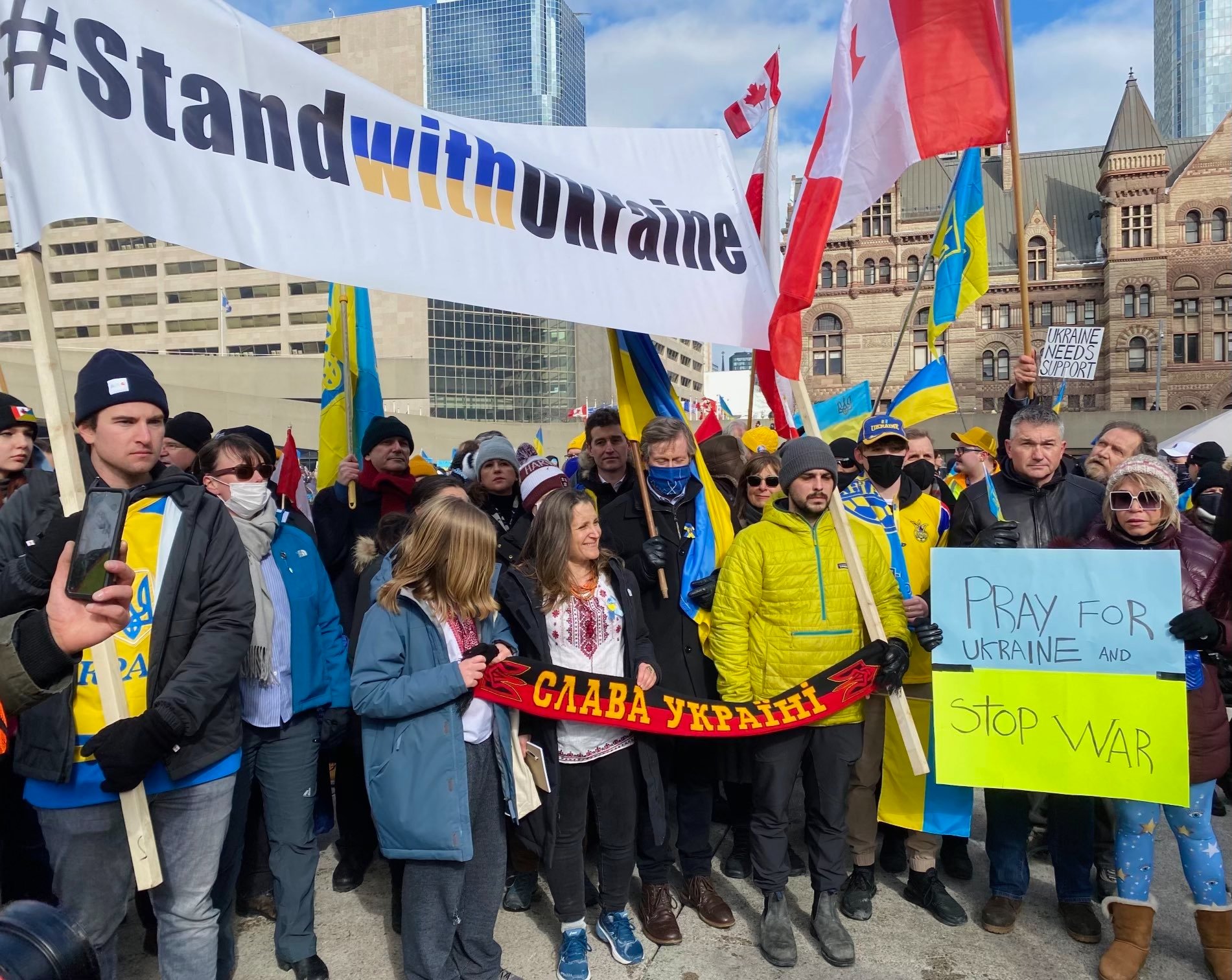
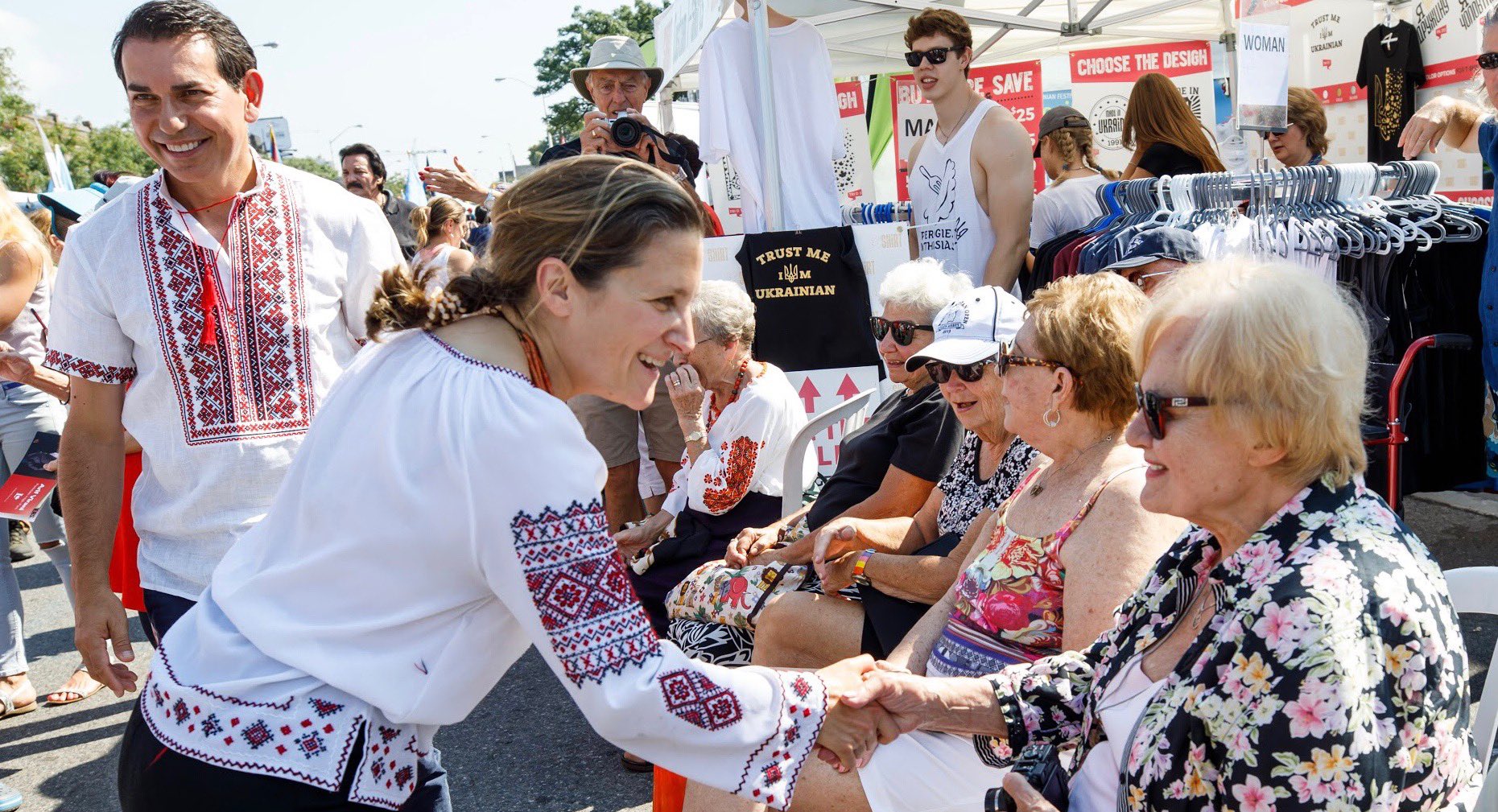
I also don’t believe one question from one reporter is enough to put this matter to bed. Freeland should be hounded by the country’s press on this issue. Again, though, I don’t expect that to happen, and Freeland is now relying on a tactic she has used for years to make sure it doesn’t: accusing those who ask questions of furthering Russian propaganda.
At the same press conference, Freeland told a reporter: “I would really urge all of us to understand that Russian propaganda is real, that Russia right now — even as we speak — is killing the brave people of Ukraine and we need to push back very, very hard against everything that Vladimir Putin says and does.”
This came in response to Putin answering a question from a Canadian professor about the Nazi incident as follows: “If the Canadian Parliament speaker says that the Canadian-Ukrainian or the Ukrainian-Canadian Nazi fought against the Russians during World War Two, he cannot but understand that he fought on Hitler’s side, not on the side of his motherland, Canada, or was a fascist collaborationist. In any case, he was fighting on the side of Nazi troops. Let’s say he does not know that. In no way do I want to hurt the feelings of the people of Canada. Despite everything, we treat Canada with respect, especially its people. But if he does not know that during World War Two, it was Hitler and his minions who fought against Russians, then he’s an idiot. That means he did not study in school, has no elementary knowledge. But if he knows that this person fought on Hitler’s side and calls him a hero of Ukraine and a hero of Canada, then he’s a bastard. It’s one way or another.”
Does Putin’s response sound much different from what many critics in Canada have said since the incident occurred? If anything, it’s actually a softer view on the question, given Putin focuses solely on the former speaker. We don’t need to “push back very, very hard against everything that Vladimir Putin says” when what he’s saying about this is obviously correct, and especially when it has been said by many others, in Canada, already. Freeland trying to shit-coat this necessary argument by associating it with Putin is disgraceful and should not work. Unfortunately, given our media’s slavish devotion to the Canadian state on all matters having to do with Russia, it probably will.
Despite that, however, Canadians seem to be becoming increasingly critical of the vast amounts of military aid Canada has provided to Ukraine and its narrative on the war. According to the Toronto Star, Liberals and Conservatives have said that shift is “worrying.” I think it’s great news.




